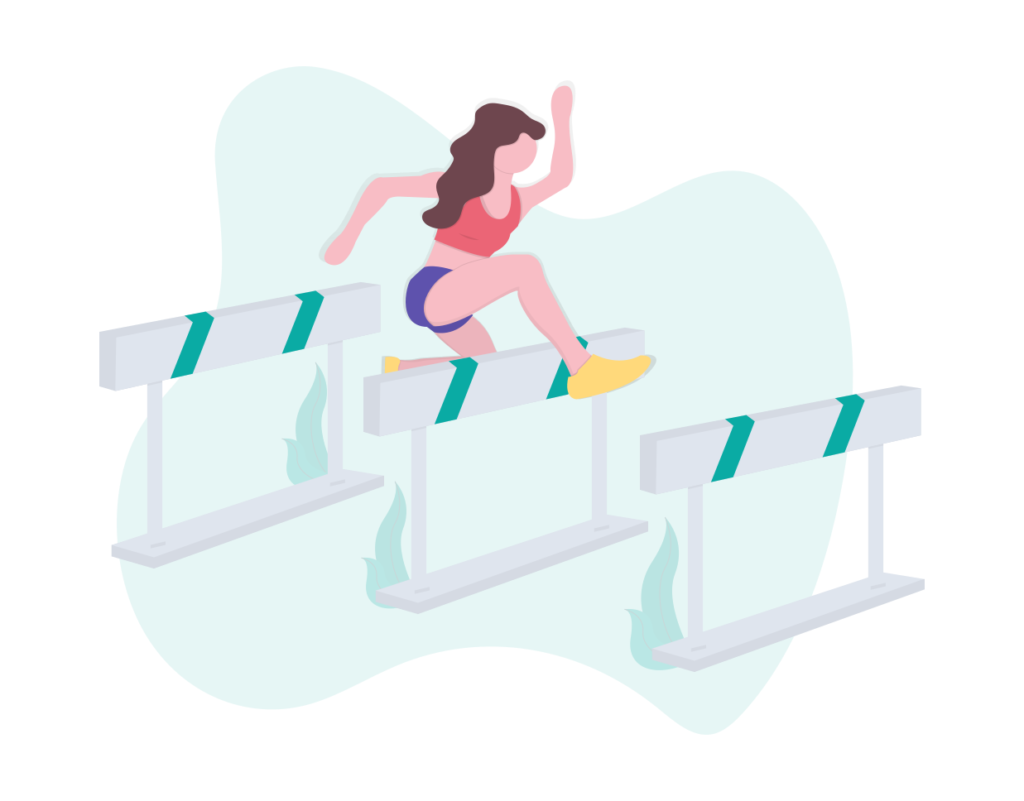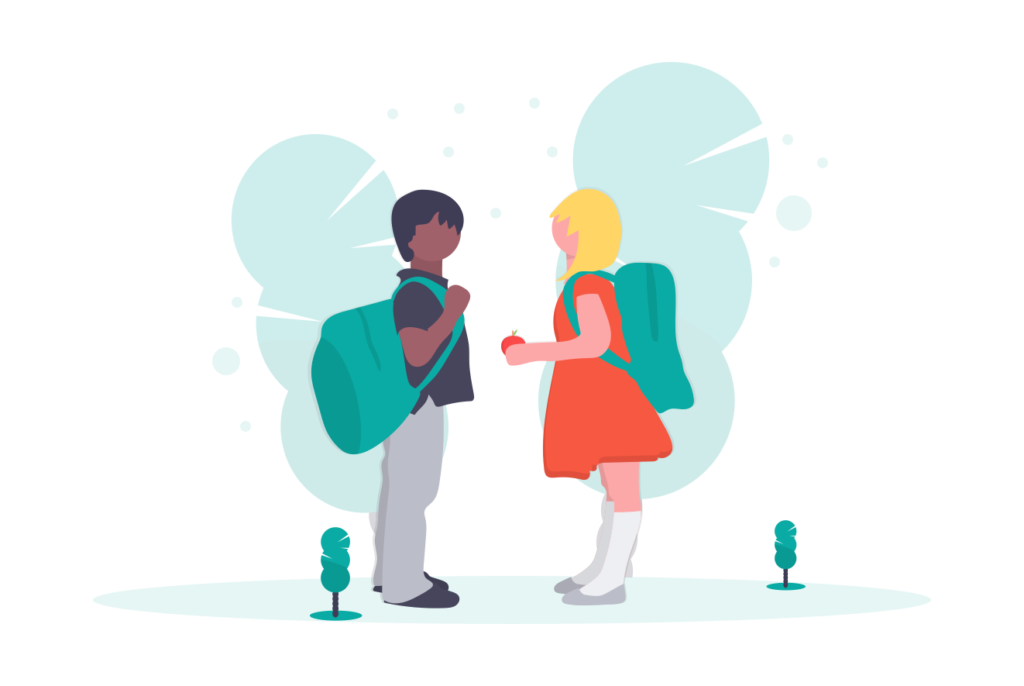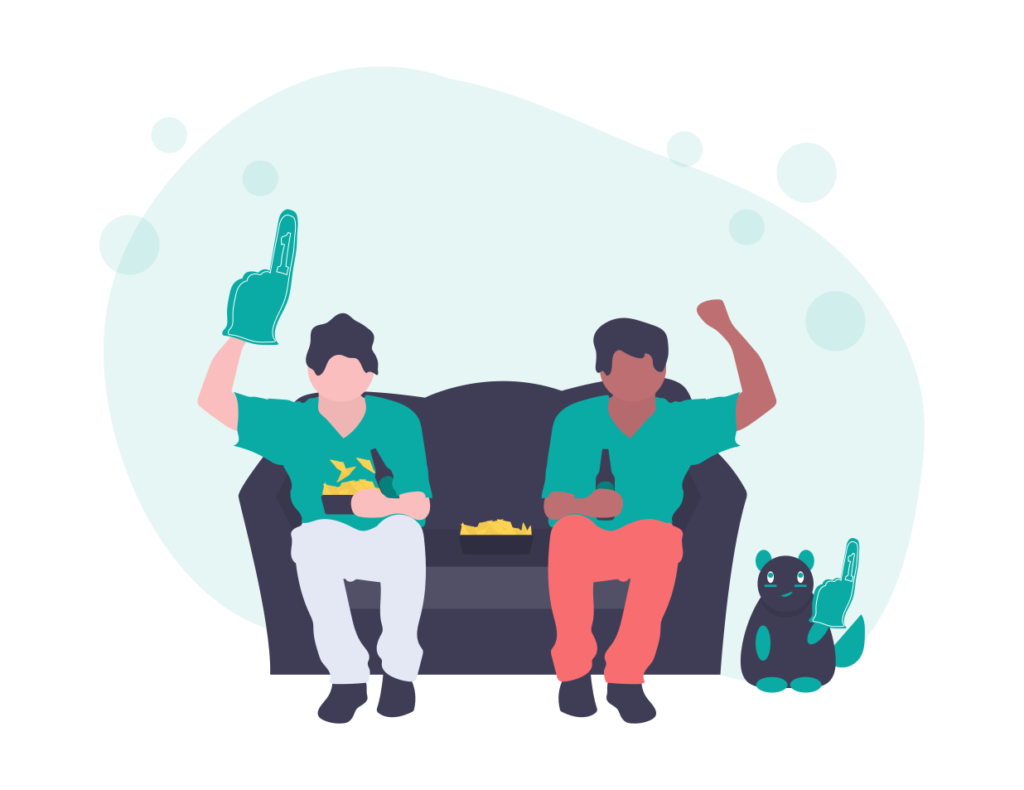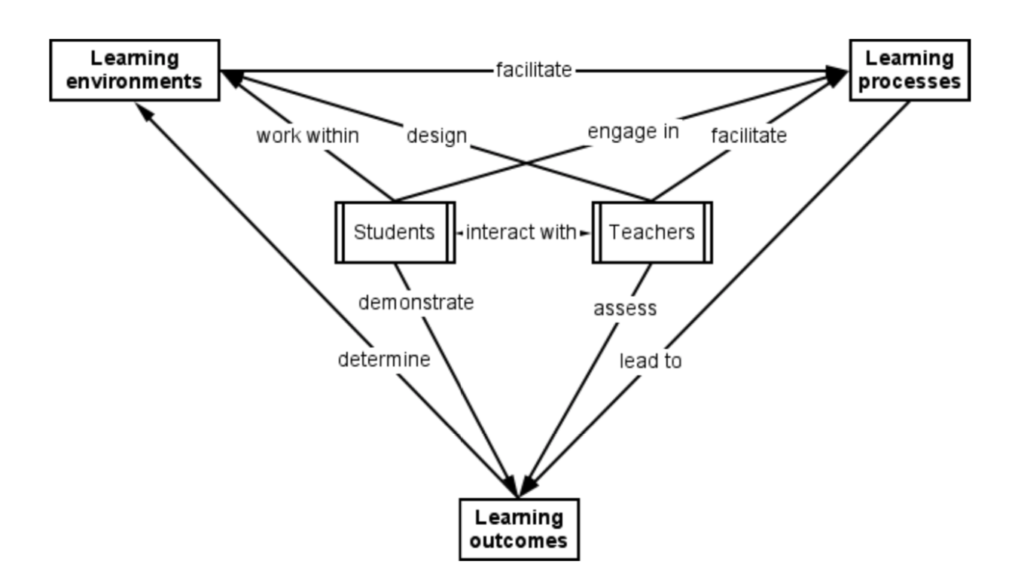
At Minds Studio, we are in constant experimentation and sometimes new revelations appear along the way and change our world. One of the most transformative ones has been the following change of paradigm:
Learning is not a single player game, but a team sport.
This is not intuitive, as we have spent our lives in schools and universities who approached teaching as a “single player” game. We were assessed by our individual performance through tests and exams designed to measure our knowledge, skill, or how we can apply both to solve problems.
Do you want to learn to play an instrument? Take classes and practice to pass the exam.
Do you want to learn maths? Do your homework, go to class, get a tutor, pass the exam.
This approach leads to the “study to the test” we all know, whose effectiveness for long term skill development are far from ideal . The majority of people take the classes, pass the exam, do their homework and…
…They forget most of it fast.*1

At Minds Studio we realised that, in order for our learning experience designs to stand the test of time, we could not only look at this activity from the individual perspective, but we needed to add a new variable: the learning community.
Because we have all experienced what a team sport is. A group of individuals coming together regularly to contribute individual efforts towards an elevated goal (win the match, classify to the next round, etc.).
Sometimes, people just gather for practising their skills (like basketball training, or a tennis class). But other times, they gather in front of an audience to assess and test their skills (as we evaluate for the next karate belt, or we play a football tournament over the weekend). In those special moments, people usually invite their loved ones (friends, family, partners…) and they celebrate their successes -when they happen- together.
And this is important.

Do team sports generate knowledge and skills in each participant? YES
Do those skills stand the test of time? YES, much better than if we were playing alone.
Why don’t we do this when we learn a new skill at school?
…hmm…hmm…
Designing learning with the community in mind
After careful consideration, we realised that if we wanted to commit to designing the best learning experiences possible, we could not limit ourselves to the individual. We had to understand the learning environments as much as learning process or outcomes*2.

Going back to our earlier sports example, think about what needs to go right in order to become a karateka:
- Find the right Dojo (‘Dojo’ is a Japanese word that means ‘place of the pursuit’ . The word ‘do’ meaning ‘the way’ or ‘the pursuit’ and ‘jo’ meaning ‘a place’) – The right learning environment
- Find the right teacher and practice regularly throught the different levels during a sustained period of time (Apparently, around 5 years to reach the black belt) – The right learning process
- Demonstrate certain skills that build up on top of each other every time you are assessed in order to “be awarded” the next belt. – The right learning outcomes
Generally, once you approach the mastering of a skill, the way to keep the “muscle of learning” active, is to continuously use it and start teaching it to others – as it usually happens in martial arts-.
What does “community learning” mean?
Education has been mostly focused on the learning outcomes (Generally crystallised by degrees or certificates) and the learning processes ( Which are mostly determined by the teachers). Little attention has been given to the learning environment, especially to the interactions of the learning community. This is actually the key element that keeps the learner coming back to continuously learn, even after the assessment (exam, test, etc.) has passed.
“Community” is a magic word that most projects aspire to have, but very few really dedicate the efforts and resources it deserves, given its importance on long-term effectiveness during the learning journey.
“Community” is hard, because it is complex. As any “environment”, it is a combination of little details that make you feel welcome, or excited, or it could very easily turn into cold or too much for me.
“Community” is not just a network of people, although many people just refer to their network as such. Community is a group of people who keep coming together over what they care about*3. A course has an end date, if we really care about what we learned, we should continue to be connected after all the coursework is done.
A community uses technology, but it is not a tech tool.
The same way a cook will use different utensils to prepare a great dish, a great learning community will need a lot of tools, but the tools themselves won’t solve the problem. You would be going to bed hungry if nobody acted on the tools and the processes needed to enjoy a good meal. Learning communities need human minds to build the environment, the process and the outcomes so it evokes the feeling in the learner that the journey is seamless.
Many companies try to solve the “community” problem by just providing tools to their users, and waiting for them to engage with them. Our experience is that that it just won’t work.
Our commitment to building inspiring communities
We believe any company or institution that aims to educate people to acquire skills, tools or knowledge, are in the business of building a learning community. However, we also know many of them don’t know it yet.
We aim to become a reliable partner in the process of building and nurturing effective and inspiring learning communities, and we are changing our work focus at the Studio accordingly.
In order to do that, we know we need to find the best talent (learning designers, experience designers, tech experts, product managers, etc.) to work with us on that journey. We also need to find the companies daring to invest in an intangible but strategic asset for their businesses.
We will explain more about our community learning framework soon. If you’d like to know more about it, please register below:
*1 “Exploring Cramming: Student Behaviors, Beliefs, and Learning Retention in the Principles of Marketing”. Shelby H. McIntyre and J. Michael Munson.
*2 “Towards a generalised conceptual framework for learning: the Learning Environment, Learning Processes and Learning Outcomes (LEPO) framework”. Rob Phillips, Carmel McNaught, Gregor Kennedy.
*3 “Get together: How to build a community with your people” Bailey Richardson, Kevin Huynh, Kai Elmer Sotto.